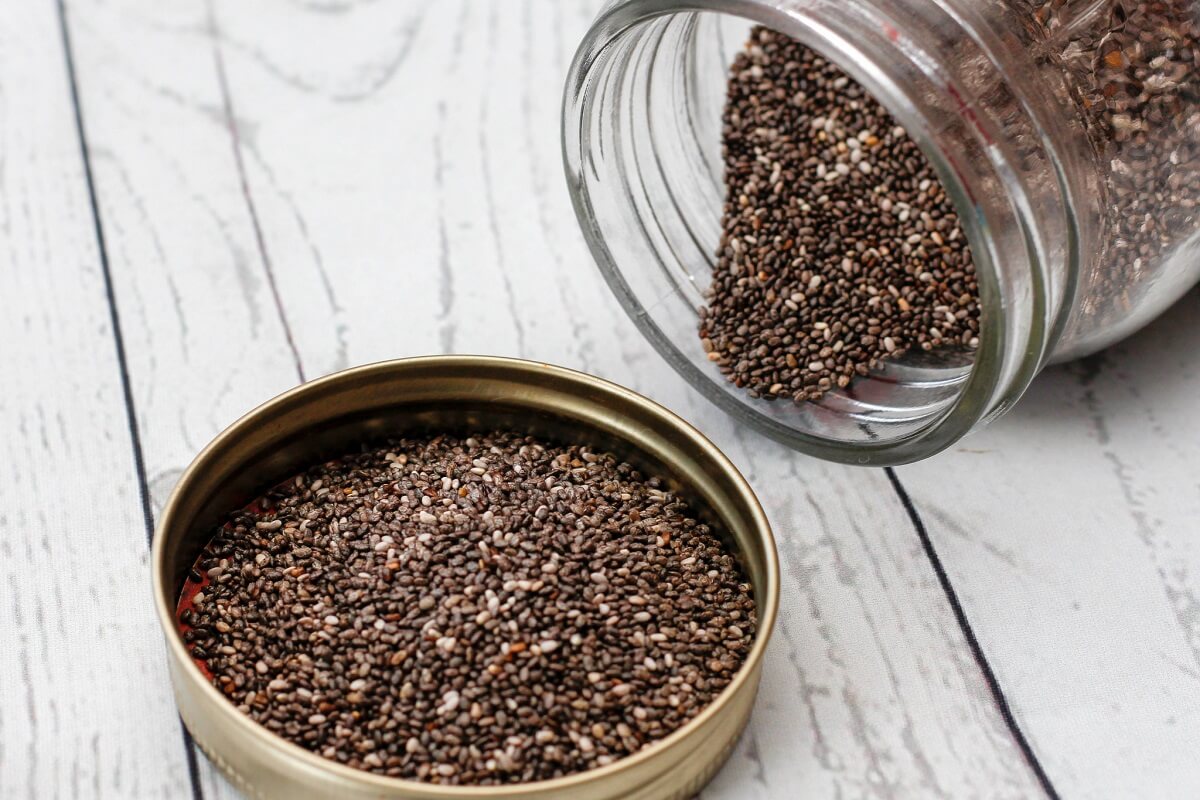

Articles
How To Store Chia Seeds
Modified: January 9, 2024
Learn the best way to store chia seeds and keep them fresh with these helpful articles. Follow these tips to maximize their shelf life and nutritional value.
(Many of the links in this article redirect to a specific reviewed product. Your purchase of these products through affiliate links helps to generate commission for Storables.com, at no extra cost. Learn more)
Introduction
Chia seeds have gained widespread popularity in recent years due to their numerous health benefits and versatility in the kitchen. These tiny seeds, derived from the plant Salvia Hispanica, were once a staple in the diets of ancient Mayans and Aztecs. Packed with essential nutrients and rich in fiber, protein, and omega-3 fatty acids, chia seeds have become a sought-after superfood.
Whether you are a health-conscious individual looking to incorporate more nutrient-dense ingredients into your diet or simply curious about this superfood, knowing how to properly store chia seeds is essential for maintaining their freshness and maximizing their shelf life.
In the following sections, we will delve into the benefits of chia seeds, provide guidance on purchasing them, and offer tips for storing them to ensure long-lasting quality. So, let’s dive in!
Key Takeaways:
- Properly storing chia seeds in airtight containers, away from heat and light, ensures their freshness and nutritional benefits for an extended period, maximizing their shelf life.
- Incorporating chia seeds into various recipes, such as chia pudding, smoothies, baked goods, and salads, allows for a versatile and nutritious culinary experience.
Read more: Where Are Chia Seeds In A Grocery Store
Benefits of Chia Seeds
Chia seeds are small in size but mighty in their nutritional content. Here are some of the key benefits that make chia seeds a worthy addition to your diet:
- Rich in Nutrients: Chia seeds are a nutritional powerhouse, packed with essential vitamins and minerals. They are an excellent source of calcium, magnesium, phosphorus, and manganese, which are essential for maintaining bone health and supporting proper bodily functions.
- Fiber Powerhouse: Chia seeds are loaded with dietary fiber, both soluble and insoluble. This high fiber content aids in digestion, helps regulate blood sugar levels, and promotes a feeling of fullness, making it beneficial for weight management.
- Plant-Based Protein: Chia seeds are an excellent source of plant-based protein, making them a valuable addition to vegetarian and vegan diets. Protein is essential for building and repairing tissues, supporting muscle growth, and boosting metabolism.
- Omega-3 Fatty Acids: Chia seeds are one of the richest plant-based sources of omega-3 fatty acids. These essential fats support heart health, reduce inflammation, and boost cognitive function.
- Antioxidants: Chia seeds are packed with antioxidants, which help protect the body against cellular damage caused by free radicals. Antioxidants are essential for maintaining overall health and reducing the risk of chronic diseases such as heart disease and cancer.
These are just a few examples of the impressive health benefits that chia seeds offer. With their nutritional profile, chia seeds can contribute to a balanced and nourishing diet.
Purchasing Chia Seeds
When it comes to purchasing chia seeds, there are a few factors to consider to ensure you get a high-quality product. Here are some tips to help you make the best choice:
- Choose Organic: Look for organic chia seeds whenever possible. Organic chia seeds are cultivated without the use of synthetic pesticides, fertilizers, or genetic modifications, making them a healthier and more sustainable option.
- Check for Certification: Look for chia seeds that have undergone third-party testing and are certified for quality and purity. Certifications such as USDA Organic and Non-GMO Project Verified can provide assurance that the product meets specific standards.
- Buy in Small Batches: Chia seeds have a long shelf life, but it’s still recommended to buy them in smaller quantities. This ensures that you always have fresh seeds on hand and minimizes the risk of them going stale or rancid.
- Read the Label: Take a close look at the packaging and read the product label. Make sure that there are no added ingredients or preservatives. You want to purchase pure chia seeds without any unnecessary additives.
- Consider Whole Seeds: Whole chia seeds retain their natural state and have a longer shelf life compared to ground or powdered chia seeds. If possible, opt for whole seeds and grind them at home as needed to preserve their freshness.
By following these tips, you can confidently select high-quality chia seeds that will provide maximum nutritional benefits and ensure optimal storage and usage.
Storing Chia Seeds Properly
Proper storage is crucial for maintaining the freshness and quality of chia seeds. Follow these guidelines to store your chia seeds properly:
- Store in an Airtight Container: Transfer your chia seeds to an airtight container, such as a glass jar or a food-grade plastic container with a tight-sealing lid. This helps to keep out moisture and prevent the seeds from being exposed to the air, which can cause them to go rancid.
- Keep in a Cool, Dark Place: Store your sealed container of chia seeds in a cool and dark place, such as a pantry or cupboard. Avoid storing them near a heat source or in direct sunlight, as exposure to heat and light can degrade their quality.
- Avoid Humidity: Chia seeds are highly absorbent and can easily take on moisture from the environment, causing them to spoil. Keep them away from areas with high humidity, such as the kitchen countertop or refrigerator door.
- Label and Date: To maintain organization and ensure freshness, label your container with the purchase or storage date. This helps you keep track of how long you have had the chia seeds, enabling you to use the oldest ones first.
- Keep Away from Strong Odors: Chia seeds can absorb odors from other foods, so it’s important to store them away from strong-smelling substances, such as spices or cleaning agents. This will help preserve their natural flavor and prevent contamination.
By following these storage guidelines, you can ensure that your chia seeds remain fresh and retain their nutrients for an extended period.
Store chia seeds in an airtight container in a cool, dark place, such as a pantry or cupboard. This will help to preserve their freshness and prevent them from going rancid.
Tips for Extending Shelf Life
If you want to extend the shelf life of your chia seeds and maintain their freshness, consider the following tips:
- Buy in Bulk: If you consume chia seeds regularly, buying in bulk can be a cost-effective option. However, ensure that you have proper storage containers for long-term use to maintain their quality.
- Grind as Needed: Whole chia seeds have a longer shelf life compared to ground seeds. To preserve their freshness, grind chia seeds as needed using a mill or a coffee grinder. This helps to minimize oxidation and maximize the seeds’ nutritional benefits.
- Freeze for Long-Term Storage: If you have a large stash of chia seeds and want to extend their shelf life further, consider freezing them. Transfer the seeds to an airtight, freezer-safe container and store them in the freezer for up to two years. Freezing helps preserve the quality of the seeds while maintaining their nutritional value.
- Rotate Your Stock: To ensure that you’re using the oldest chia seeds first, practice stock rotation. Place newly purchased seeds at the back of your storage container and use from the front. This ensures that you always consume the oldest seeds, reducing the risk of them going bad.
- Inspect for Freshness: Periodically check your stored chia seeds for signs of spoilage or off flavors. Discard any seeds that appear discolored, have a foul odor, or taste rancid.
By applying these tips, you can prolong the shelf life of your chia seeds, ensuring that they remain fresh and nutritious for longer periods.
Read more: How Chia Seeds Grow
Using Stored Chia Seeds
Now that you have stored your chia seeds properly and extended their shelf life, it’s time to incorporate them into your meals and snacks. Here are some creative ways to use your stored chia seeds:
- Chia Pudding: Chia seeds have the amazing ability to absorb liquid and create a gel-like texture. Mix them with your favorite plant-based milk, sweetener, and flavorings like vanilla or cocoa powder to make a delicious and nutritious chia pudding. Let it sit in the refrigerator overnight, and enjoy a creamy and satisfying treat in the morning.
- Smoothies: Add a tablespoon or two of chia seeds to your favorite smoothie recipes. They will not only add a boost of fiber and protein but also enhance the thickness and texture of the smoothie.
- Baked Goods: Sprinkle chia seeds on top of homemade bread, muffins, or cookies to add a crunchy texture and a nutritional punch. You can also use them as an egg substitute by combining one tablespoon of chia seeds with three tablespoons of water and allowing it to sit until it forms a gel-like mixture.
- Salad Toppings: Sprinkle chia seeds over salads for added texture and a nutritional boost. They can complement both savory and sweet salads, adding a subtle crunch without overpowering other flavors.
- Homemade Granola or Energy Bars: Incorporate chia seeds into your homemade granola or energy bar recipes for an extra dose of nutrition. They will add both crunch and a nutritional boost to your homemade snacks.
- Crunchy Coating: Use ground chia seeds as a coating for chicken, fish, or tofu. They can add a delicious crunch and offer a healthier alternative to traditional breadcrumbs.
Feel free to experiment and explore different ways of using chia seeds in your favorite recipes. Their versatility makes them an excellent addition to a variety of dishes, providing both nutritional benefits and a delightful texture.
Conclusion
Chia seeds are incredibly nutritious and offer a wide range of health benefits. By understanding how to store them properly, you can preserve their freshness and maximize their shelf life. Remember these key points:
First, when purchasing chia seeds, opt for organic and certified products to ensure quality and purity. Buy in smaller quantities to maintain freshness and avoid waste.
Second, store your chia seeds in airtight containers in a cool, dark, and dry place. Keep them away from heat, light, humidity, and strong odors to prevent spoilage.
Third, consider grinding whole chia seeds as needed to maintain their freshness. For long-term storage, freezing chia seeds is an option.
Finally, have fun incorporating chia seeds into your meals and snacks. Whether you make chia pudding, add them to smoothies, sprinkle them on salads, or use them as a crunchy coating, their versatility allows for endless culinary possibilities.
By following these guidelines, you can ensure that your stored chia seeds remain fresh, flavorful, and nutrient-rich. Bring the benefits of chia seeds into your daily routine and enjoy their delicious and wholesome goodness!
Frequently Asked Questions about How To Store Chia Seeds
Was this page helpful?
At Storables.com, we guarantee accurate and reliable information. Our content, validated by Expert Board Contributors, is crafted following stringent Editorial Policies. We're committed to providing you with well-researched, expert-backed insights for all your informational needs.
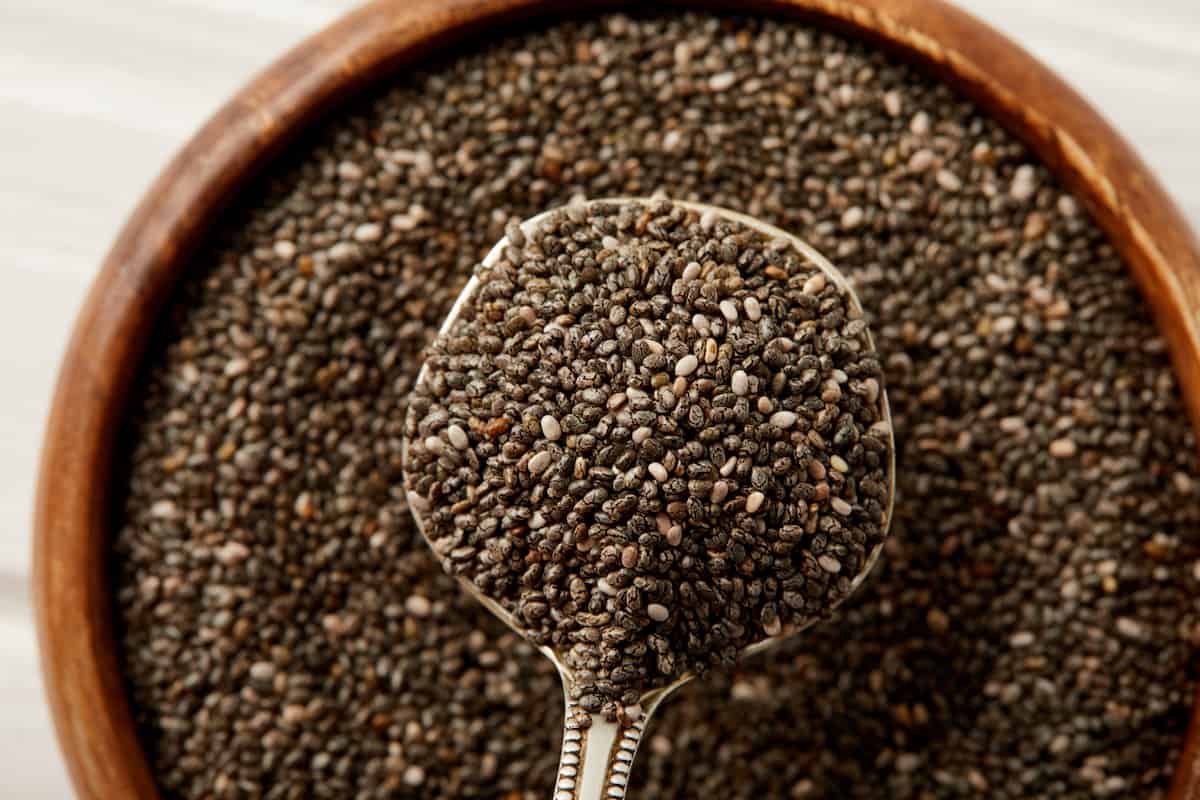
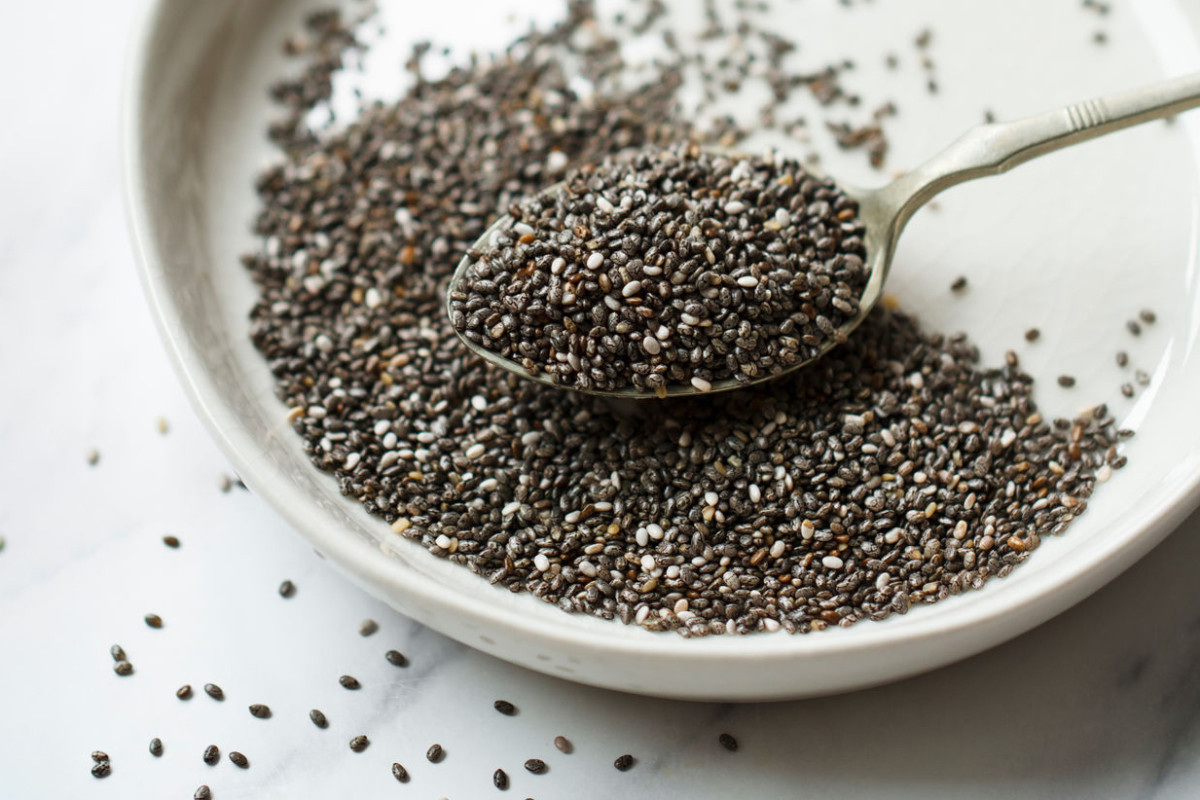
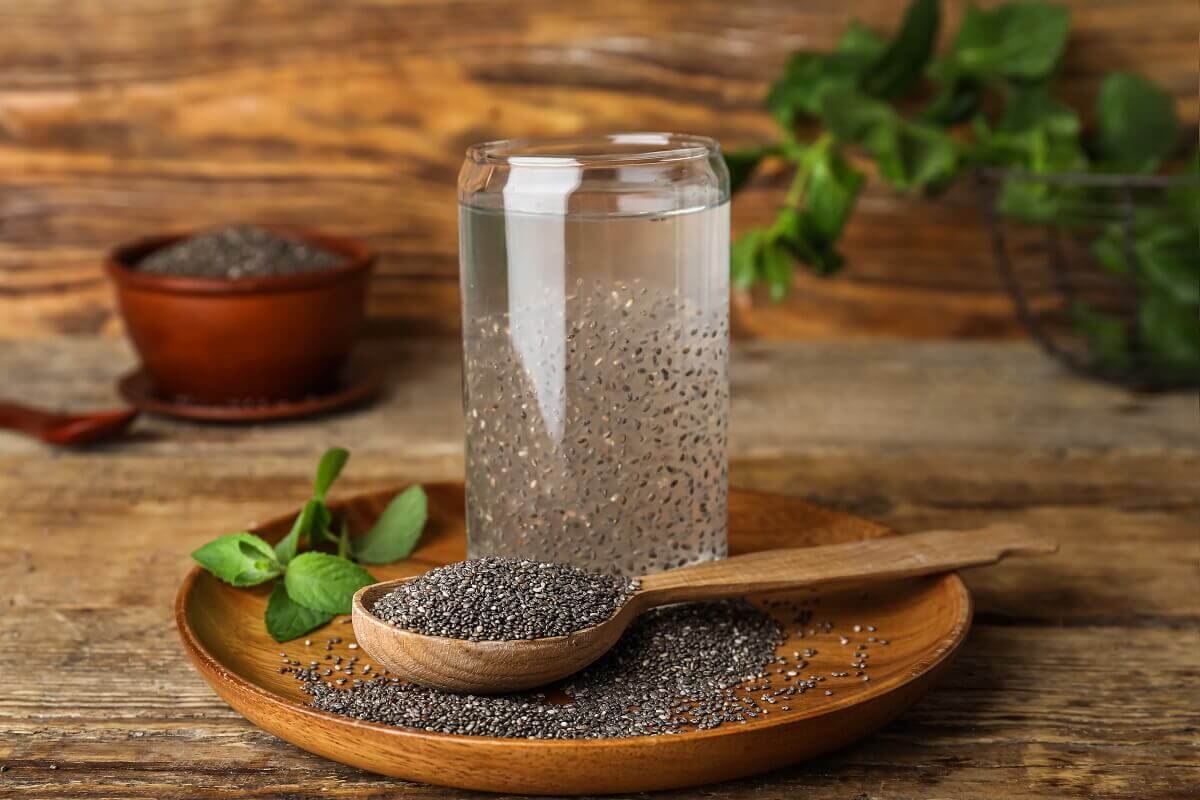
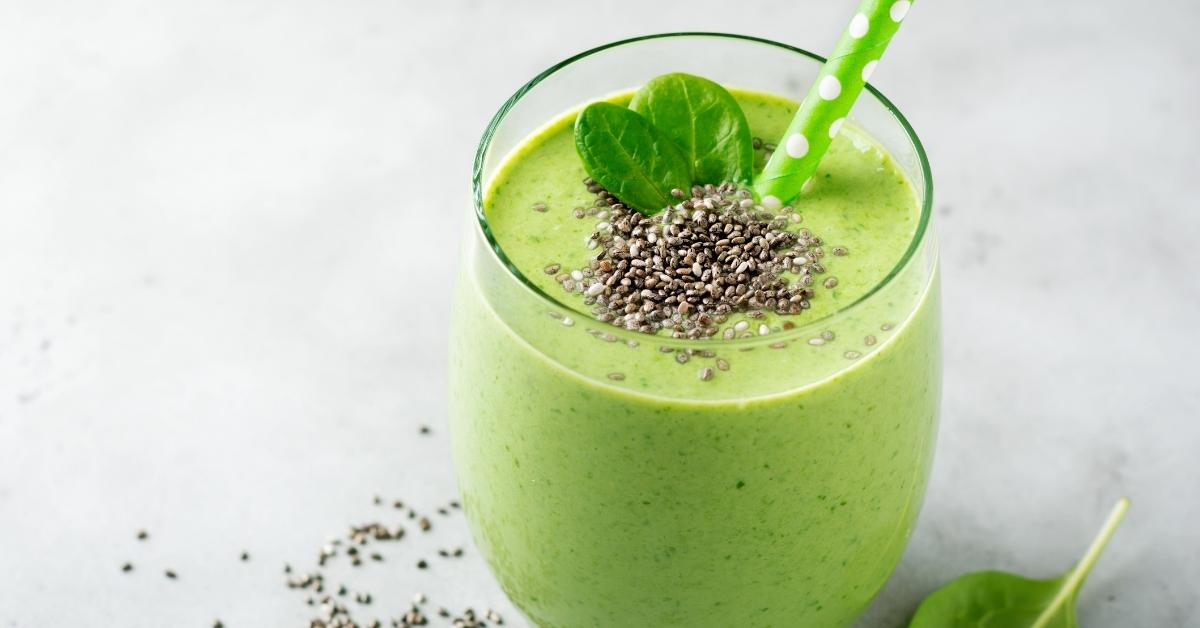
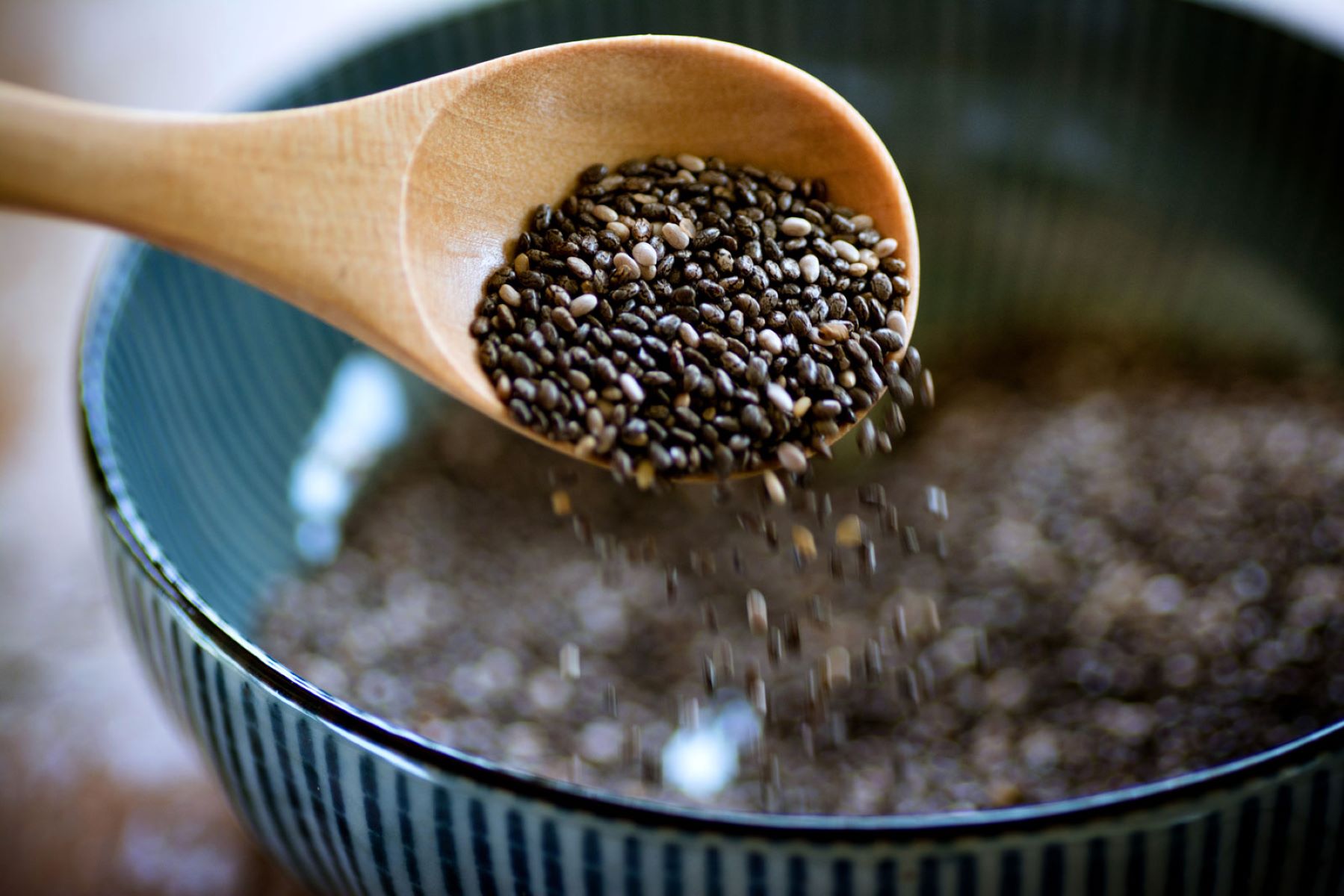
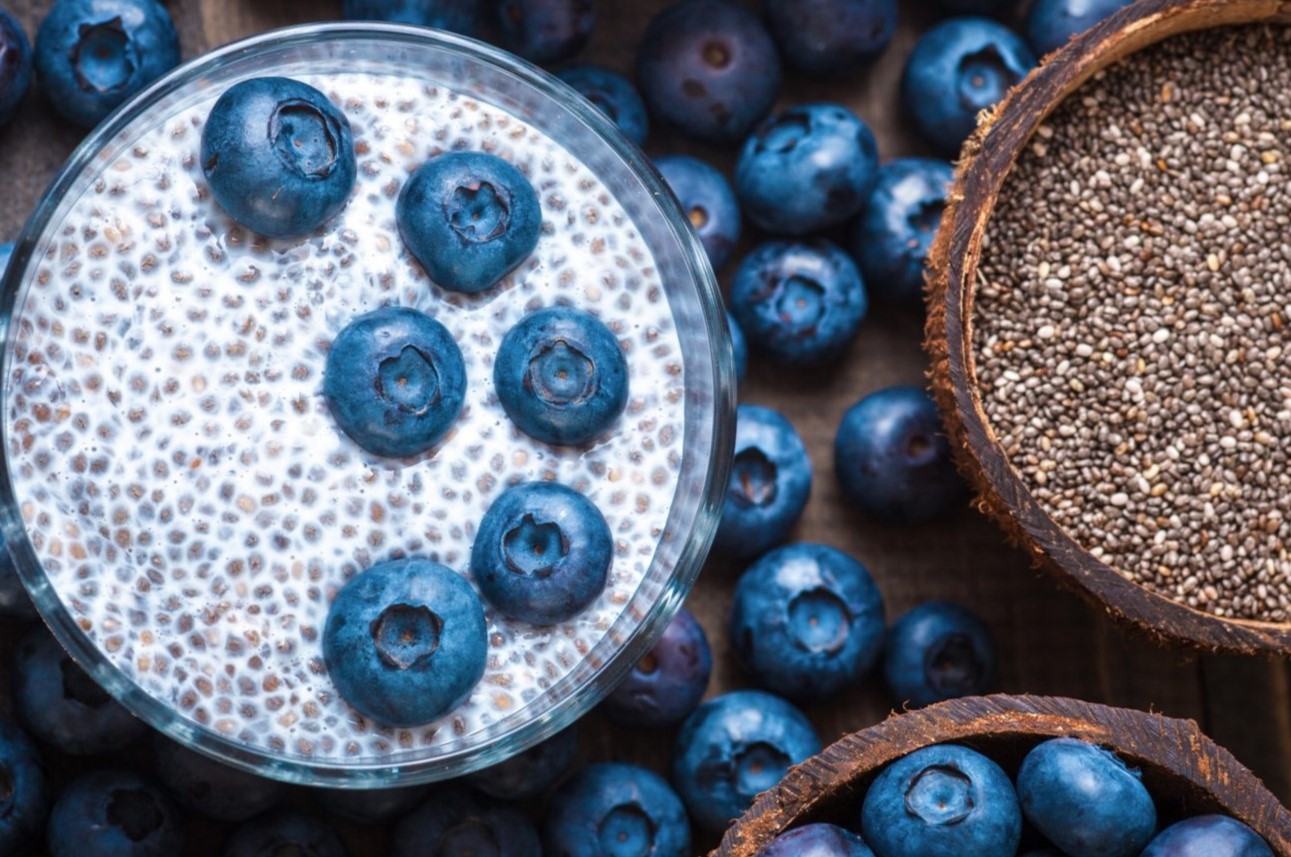
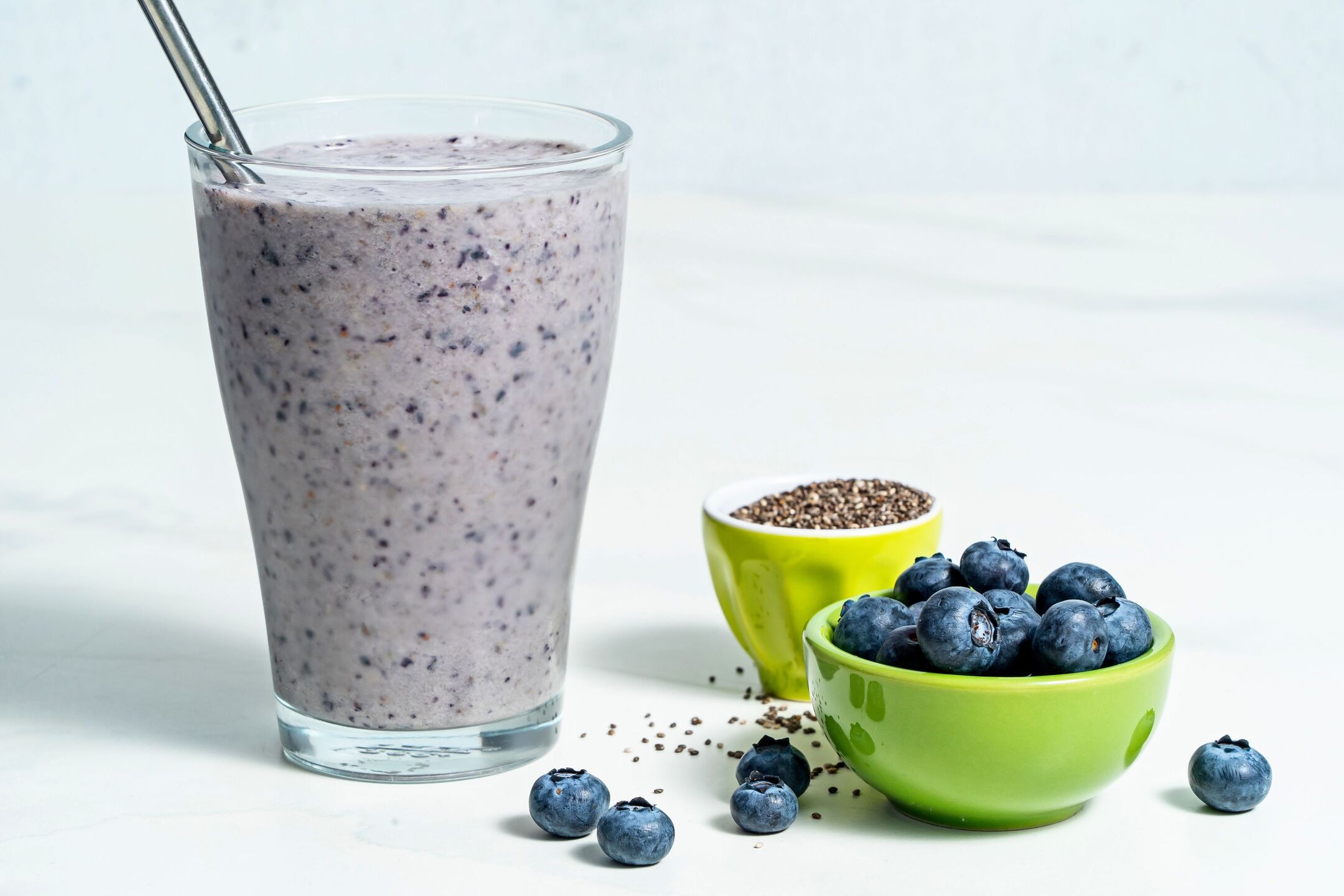
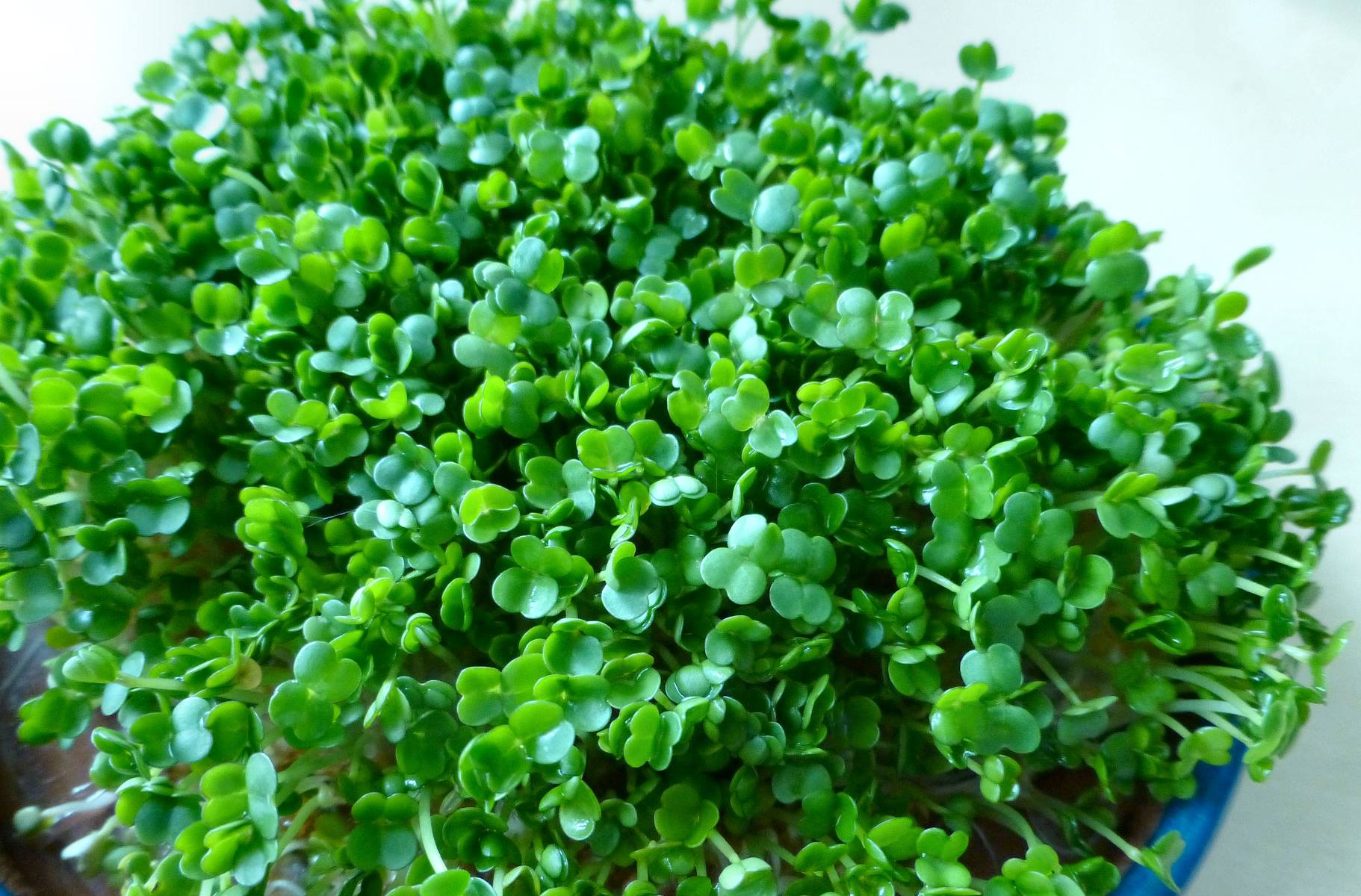
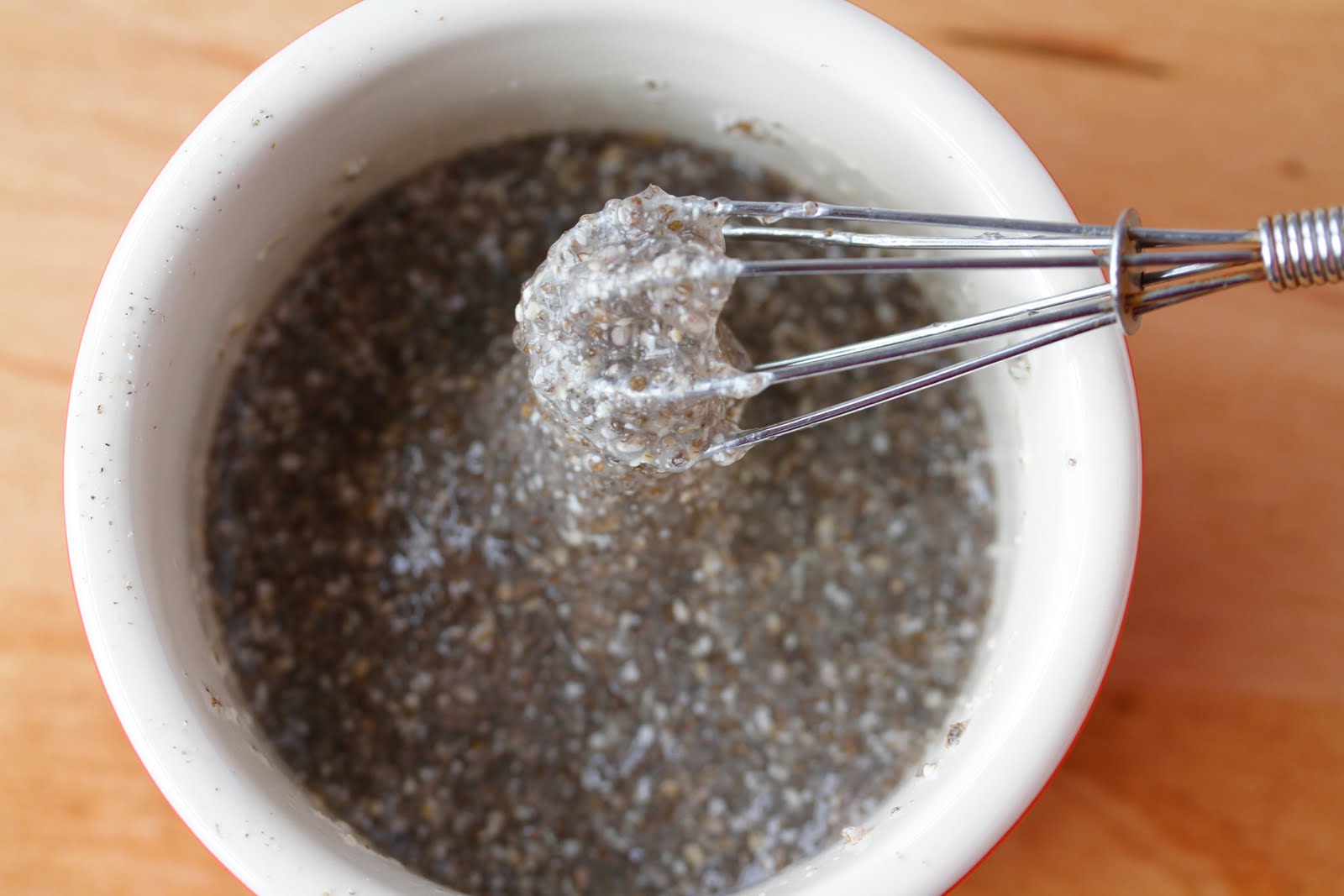
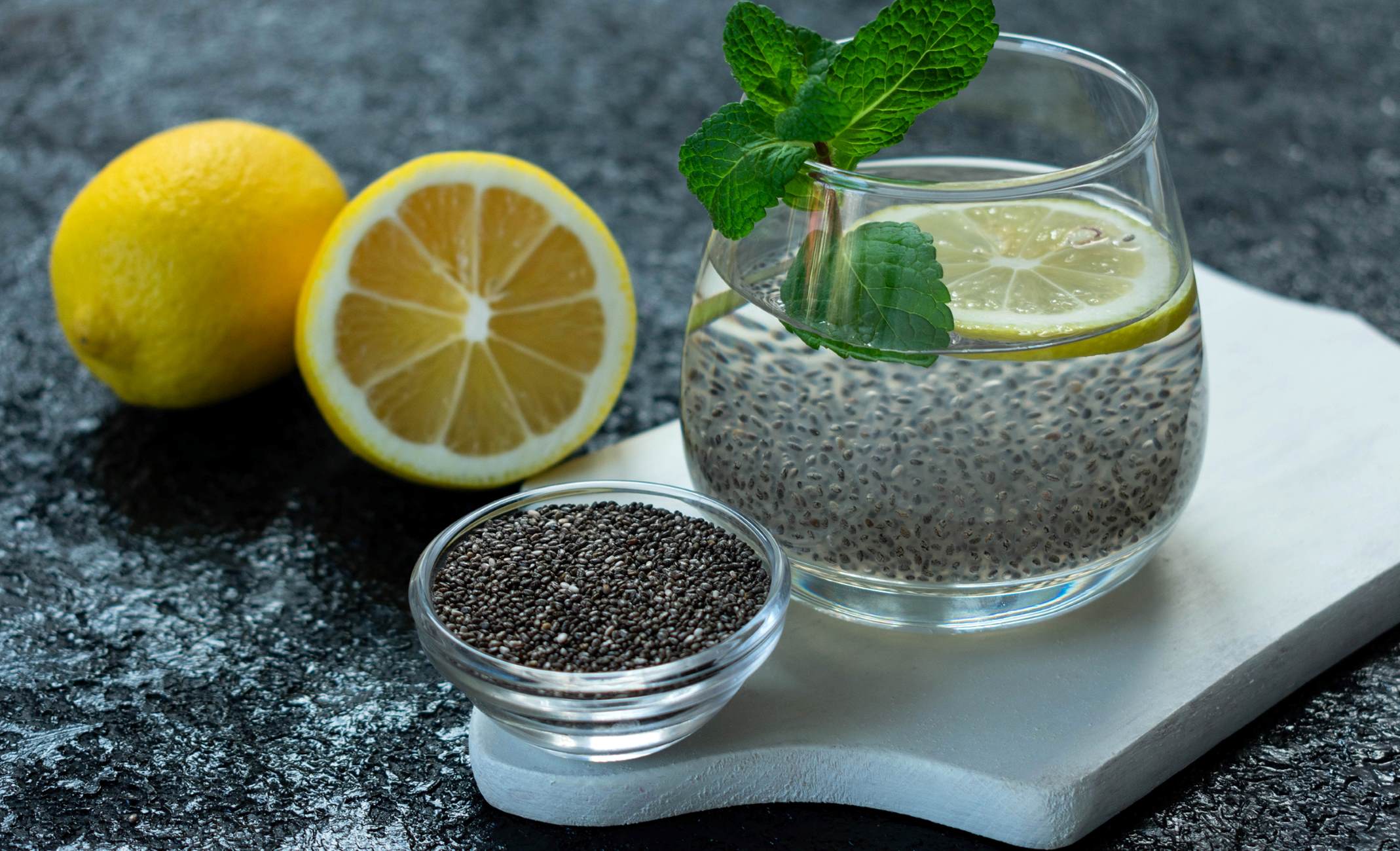
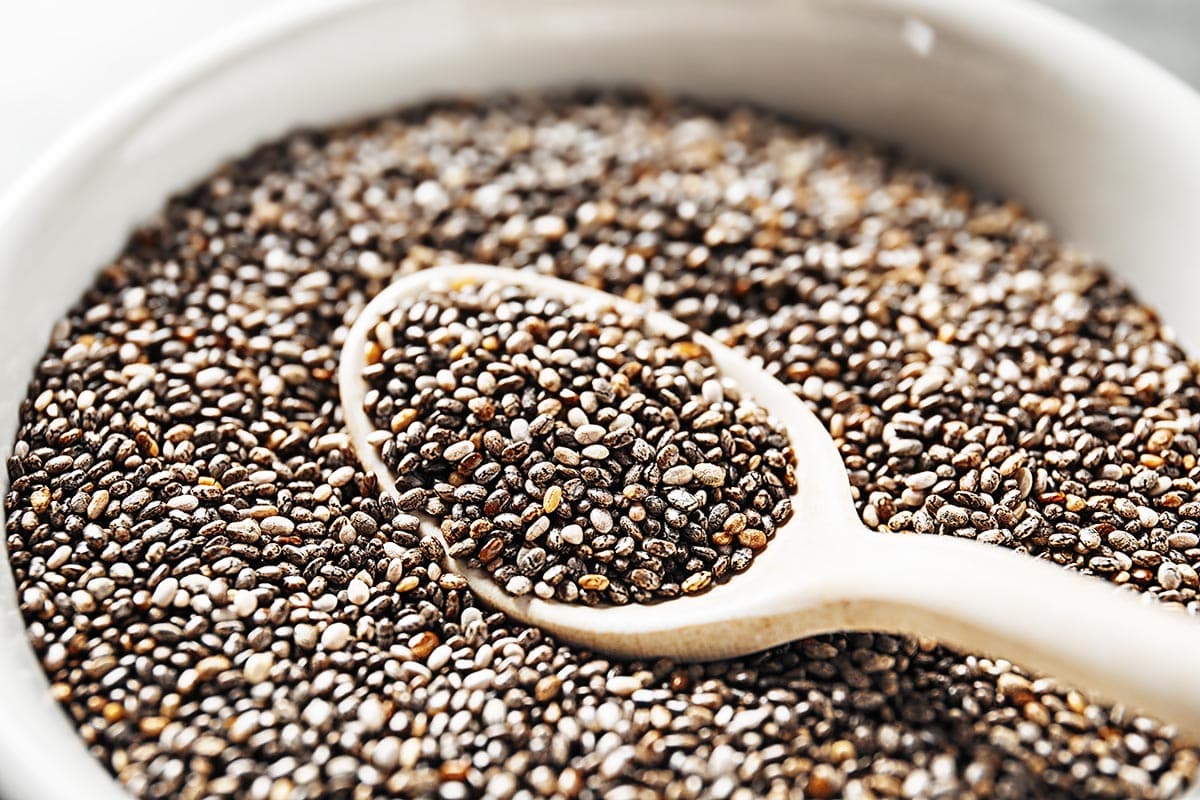
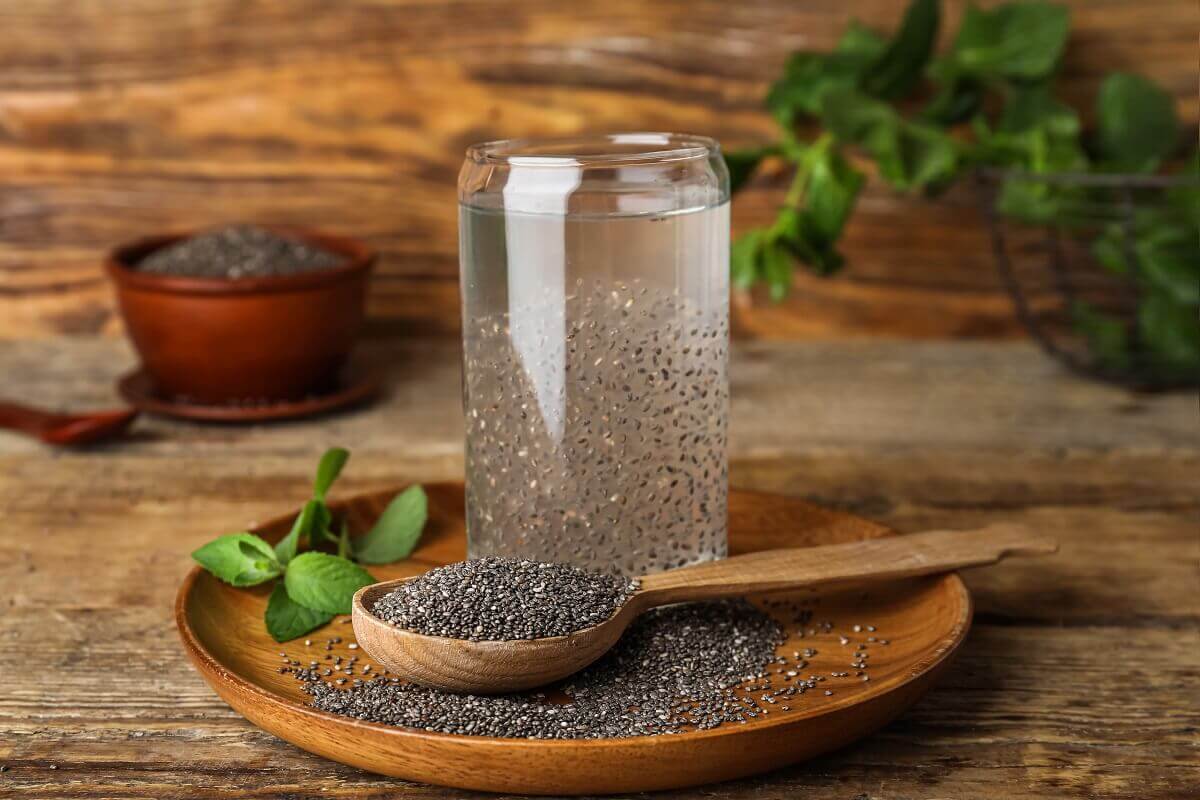
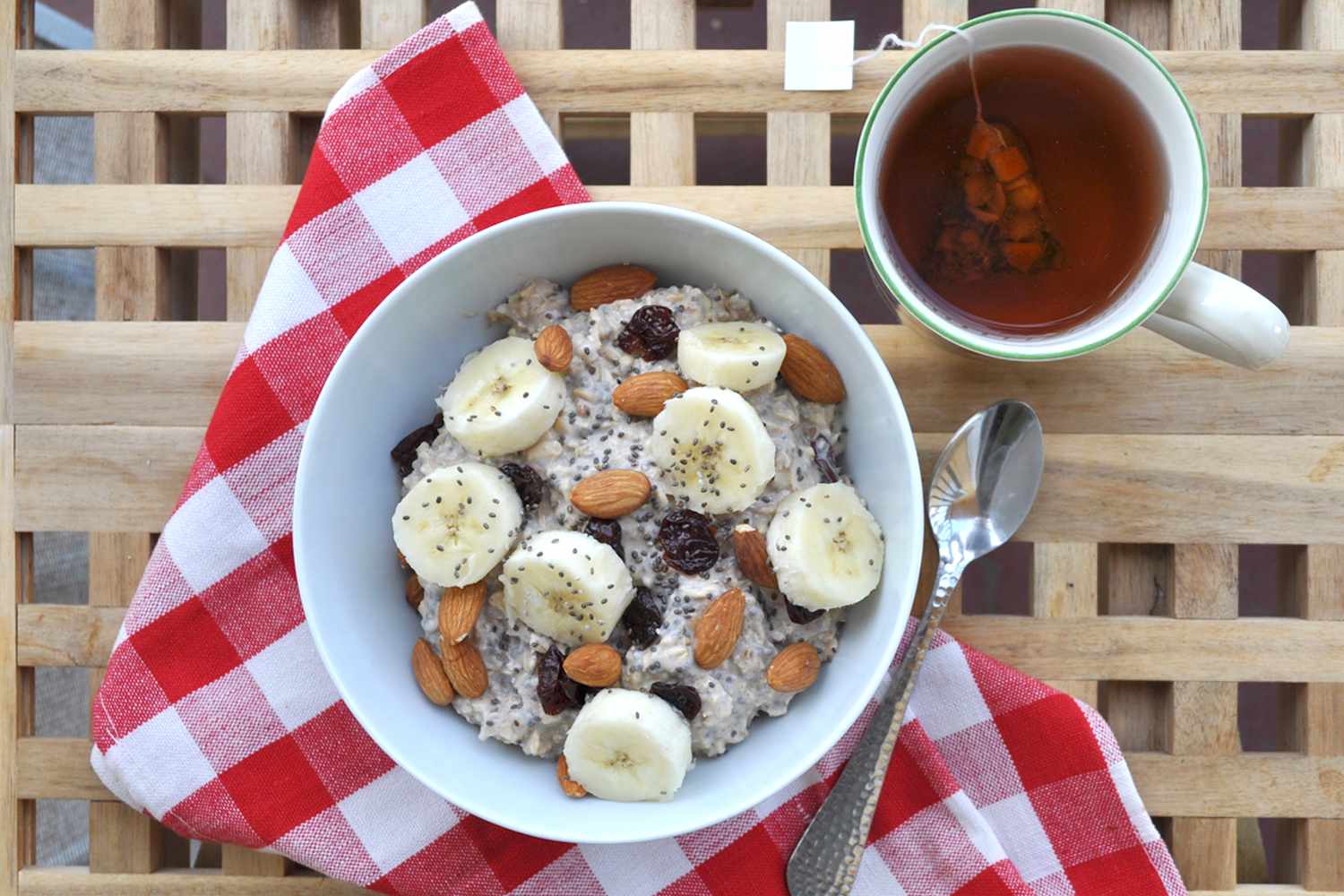
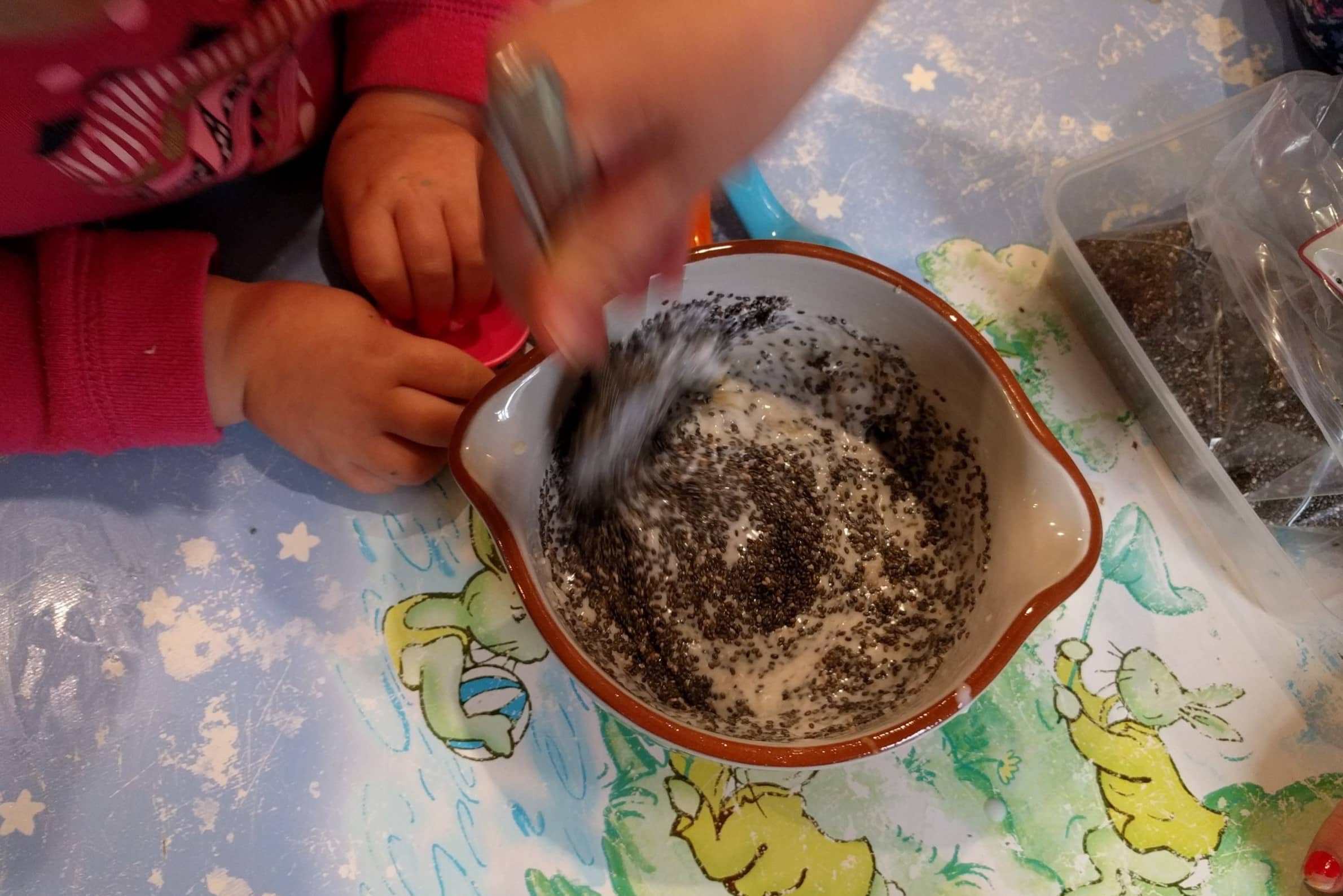

0 thoughts on “How To Store Chia Seeds”